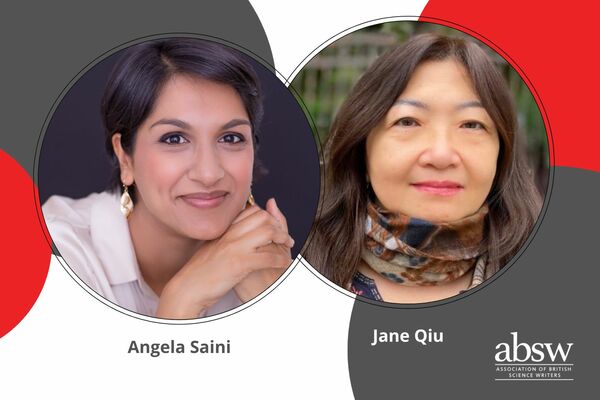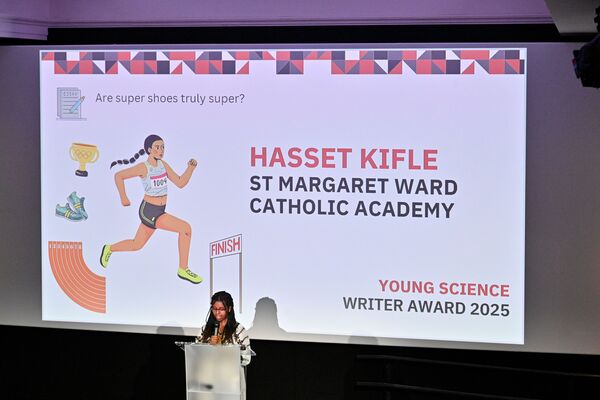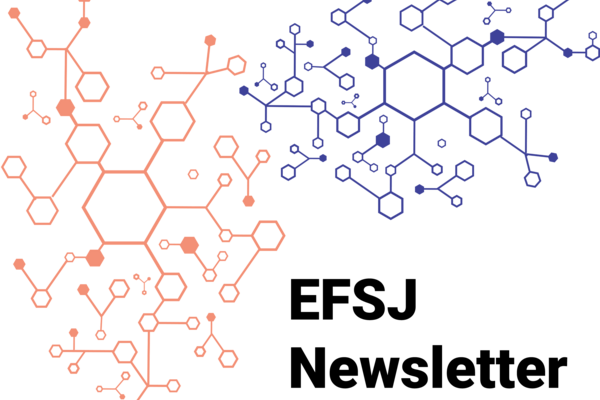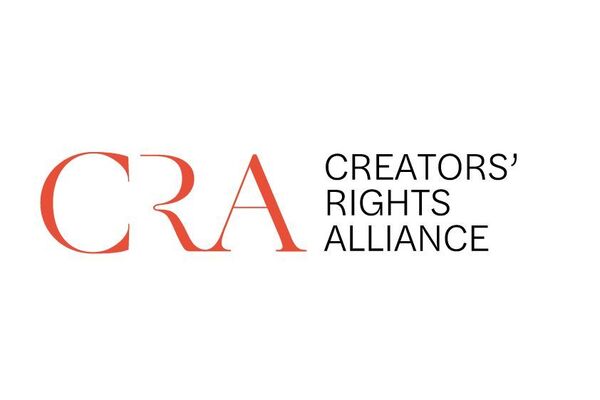On January 26th 2023, science journalist Angela Saini hosted an online ABSW event to discuss the question "who is objective"? with Jane Qiu, an independent science writer who had recently battled with trolls and colleagues to tell the origin story of COVID-19.
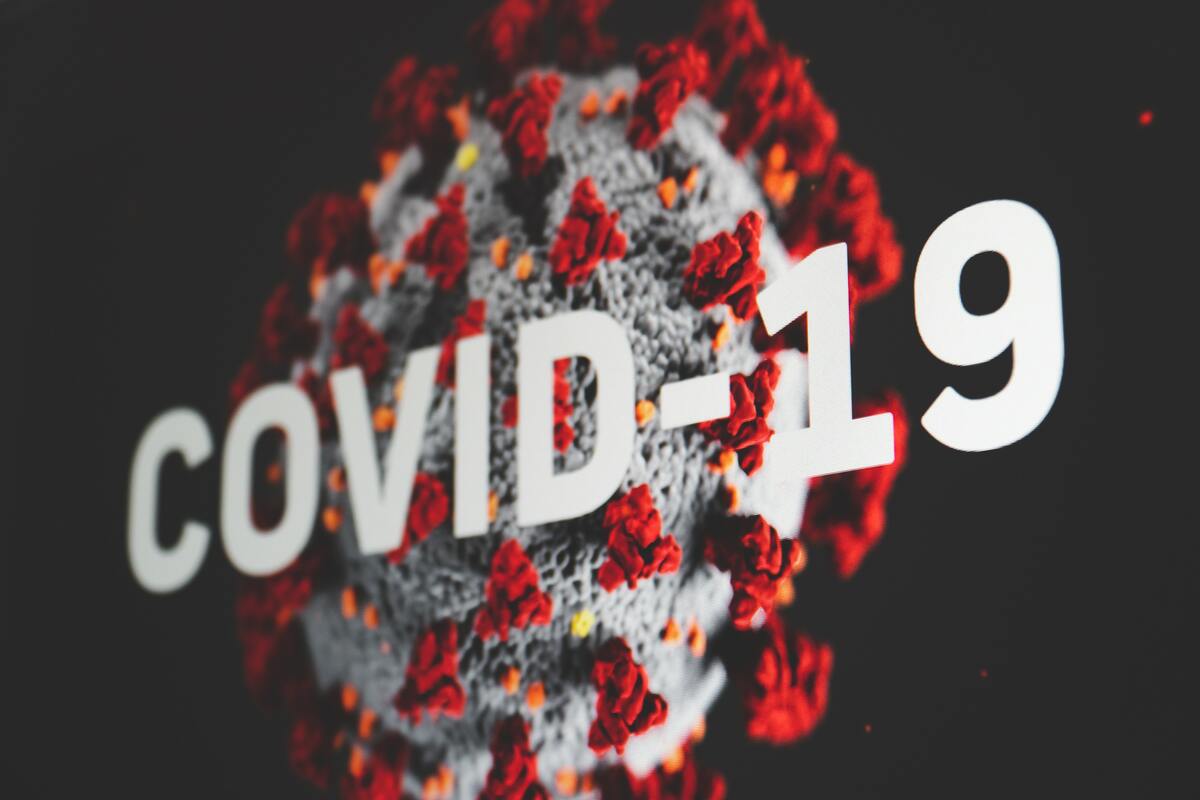
Qiu started writing about the coronavirus in January, 2020, before it had truly gone global. She began her research on the Chinese internet where she saw virologist Shi Zhengli, dubbed China’s “bat woman”, expressing her frustration with the Chinese press’ coverage of the disease. Qiu, with her extensive experience in molecular biology and genetics, persuaded Zhengli to give an interview. The result was a feature printed in Scientific American. Little did Qiu know that she had stumbled into the “minefield of the COVID origin story”.
In April 2020, an opinion piece in the Washington Post revealed US diplomats had sent “two official warnings” regarding the safety of the lab at the Wuhan Institute of Virology, where Zhengli worked, two years before the pandemic took hold. It was at this point where the theory that COVID-19 had been leaked from a Chinese laboratory started to go mainstream, despite the lack of concrete evidence.
The effect on Qiu was devastating. Trolls on Twitter began calling her a “lying hack” and a
“mouthpiece” for the Chinese Communist Party. She even recounts how one American journalist, who was investigating the lab-leak theory, had suggested that Qiu might have written her feature “under duress”. The bottom line: her work as a journalist could not be trusted because she was Chinese.
Although baseless, the mental toll of these allegations on Qiu was very real. Beyond sheer anger, she began to seriously doubt whether she could cover the story objectively. She even thought that this could be the end of her career.
In the end, Qiu did not resign from journalism. Her editor offered to publish a statement to defend her piece and others helped by building up mental defences against the pernicious attacks from trolls. Often, when it comes to trolls, the hardest thing to do is also the most effective: to ignore them. However, sometimes transparent engagement can win people around, as Qiu noted.
It was at this point where Qiu first started to really think about what “journalistic objectivity” meant. She could see a bias in the reporting of Chinese science, and the double standard when it came to comparisons with Western institutions. Saini shared her own understanding of the apparent impartiality of science: scientists tend to believe that they are apolitical and objective, but this is rarely the case, with science itself sometimes wilfully blind to its own biases.
It is, therefore, the role of the science journalists to expose and criticise these biases.
However, what if journalists themselves have similar blind spots? It is for this reason that Qiu calls for a more “diverse and inclusive media landscape.” None of us, individually, can claim to be wholly objective, but as a journalistic community we can approach that goal by critiquing each other (in good faith) to expose any unconscious bias. It is, in fact, not dissimilar to the scientific method itself. Science does not progress on the say so of one scientist, but on the robust peer-review process, which aims to pick up on any flaws.
Both Qiu and Saini also reflected on their own relationship with racial bias. Given their own
backgrounds, could they truly be objective when reporting on issues around race? If it were the case that those from ethnic minorities couldn’t write about this objectively, then we are left with the rather absurd position where, as Saini put it, “only white people can write about race objectively”. Clearly, as Qiu said, the solution lies in increased diversity.
The discussion ended with an audience member’s question regarding the relationship between journalist and scientist. In the course of a career, it is natural that one can build fond relationships with sources, even friendships, but is this in the best interests of impartiality? Both Qiu and Saini warn against getting too close to sources, as their role is not to simply reprint what they’ve been told, but to actively investigate it.
It is evident that the question of objectivity cannot be neatly answered with one or two changes in practice. Rather, journalists need to turn their critical gaze upon themselves and ask difficult questions of their own profession. In the struggle for objectivity, tensions can run high, so if you see another journalist battling with trolls and wild speculation, a tweet or message of support can really go a long way.
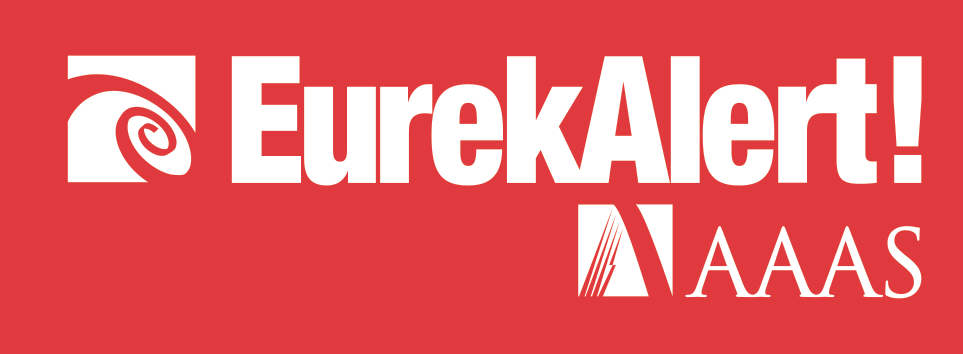
With thanks to EurekAlert! the ABSW's Lead Professional Development Partner

